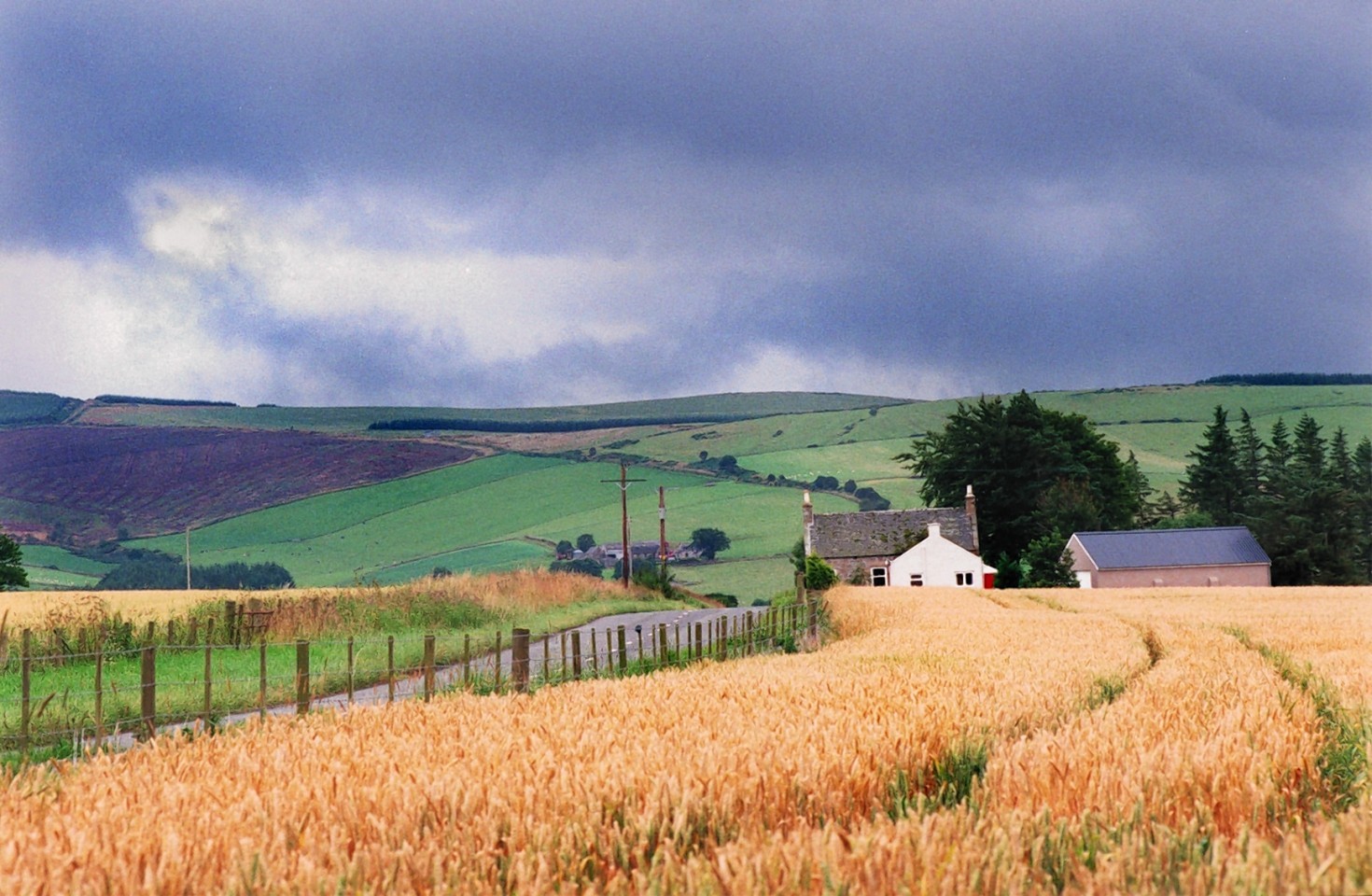Radical land reform proposals revealed by the Scottish Government will require ‘massive public spending’, according to Scottish Land and Estates (SLE).
The landowners body has questioned how proposals set out by the Land Reform Review Group (LRRG) would be funded.
The 260-page report, which was published last week, sets out 62 recommendations including imposing a limit on the acreage owned by any one individual or business entity and the introduction a land value tax.
It also called for the creation of more publicly-funded bodies such as a Land Commission to look at the sale and ownership of land and a major ten-year exercise to map Scotland.
Newly appointed SLE chairman David Johnstone said: “Having had time to digest the report perhaps the most striking question it raises is how all of this would be funded.
“The LRRG itself acknowledges there would have to be an increased spending commitment from the Scottish Government but the extent of the recommendations could require public funding into hundreds of millions of pounds, particularly if the enforced sale of property went ahead.”
He said the landowning community would like to know how this will be funded in an era of tight public spending when the demand for land reform in vast areas of Scotland is either non-existent or very limited.
Mr Johnstone added: “Although ardent land reform campaigners will argue a price cannot be put on ideologically driven transformation, at a time when bodies such as small community housing trusts are struggling for funding to achieve their objectives, we would suggest that if this money exists then shoe who live and work in rural Scotland could suggest more practical measures for delivering real solutions for their area than the LRRG have come up with.”
The report has sparked concern in the farming community in the last few days as a result of the proposals to introduce a land tax and abolish rules which exempt agricultural buildings from non-domestic rates.
A spokesman for the review group said LRRG chair Dr Alison Elliot will be giving evidence to the parliament’s rural affairs committee on Wednesday and that will be an appropriate time to answer questions about funding.
